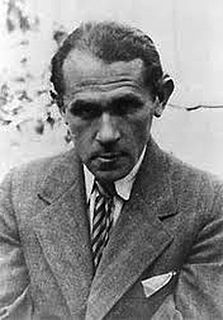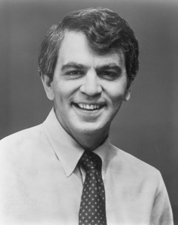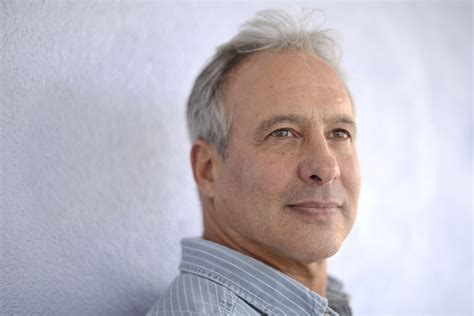A Quote by Joshua Foer
Our lives are structured by our memories of events. Event X happened just before the big Paris vacation. I was doing Y in the first summer after I learned to drive. Z happened the weekend after I landed my first job. We remember events by positioning them in time relative to other events.
Related Quotes
It is so important to remember that, as we travel through life, there will be so many events which we can`t control. These are things that seemingly alter our lives forever or become barriers for living a life of fulfillment. It`s important to remember that the ultimate experience of life is not to be controlled by events. We all have difficult events in our lives - the loss of family members, economics, stress, litigation, government interference in our businesses, health challenges. Remember that it is not the events that shape our lives, but, rather, the meaning we attach to them.
There is a sequence of events in our lives and so there's a temporal aspect to our experience that brings by itself, sense into the story. In other words, you were not walking before you were born and you were not doing X and Y before you did something else first. So there's a sequencing of events that imposes a certain structure to the story.
News has a way of distancing us from events, even as it informs us about them. News articles almost always present both the event and the responses at the same time - how is President Barack Obama or Congress responding to the events? I think this reflects a deep need we have to feel that things are under control and that events are subject to our influence.
This is not remarkable, for, as we know, reality is not a function of the event as event, but of the relationship of that event to past, and future, events. We seem here to have a paradox: that the reality of an event, which is not real in itself, arises from the other events which, likewise, in themselves are not real. But this only affirms what we must affirm: that direction is all. And only as we realize this do we live, for our own identity is dependent upon this principal.
We’re constantly changing facts, rewriting history to make things easier, to make them fit in with our preferred version of events. We do it automatically. We invent memories. Without thinking. If we tell ourselves something happened often enough we start to believe it, and then we can actually remember it.
Memory is slippery. It bends to our understanding of the world, twists to accommodate our prejudices. It is unreliable. Witnesses seldom remember the same things. They identify the wrong people. They give us the details of events that never happened. Memory is slippery, but my memories suddenly feel slipperier.































